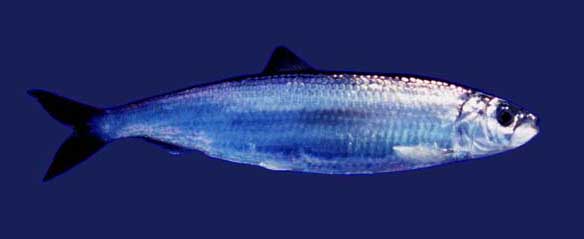 I’ve been giving my senior papillon, Kitsune, supplemental fish oil for a couple of years now. When most people think of fish oils for dogs, they probably think of salmon oil. However “fish oil” can be created from pretty much any type of oily fish. The one I commonly use for my own dog is created from wild anchovies and sardines. Herring oil is a fish oil created from, you guessed it, herring!
I’ve been giving my senior papillon, Kitsune, supplemental fish oil for a couple of years now. When most people think of fish oils for dogs, they probably think of salmon oil. However “fish oil” can be created from pretty much any type of oily fish. The one I commonly use for my own dog is created from wild anchovies and sardines. Herring oil is a fish oil created from, you guessed it, herring!
This post is part of our 2023 April blogging from A to Z Challenge! Join us this month as we go through the alphabet, A to Z, learning more about some of the ingredients that are commonly (or not so commonly, in some cases) found in our dog’s food!
Post Contents:
What is Herring Oil?
Herring, sometimes also called “silver darlings” are a species of fish that belongs to the Clupeidae family. They are considered to be forage, otherwise known as prey or bait, fish, and are preyed upon by a wide array of animals in the wild. Herrings are very oily fish. Herring oil is a type of fish oil created from herrings.

Photo Credit: Uwe Kils. Licensed under the Creative Commons Attribution-Share Alike 3.0 Unported license.
Why is Herring Oil Added to Dog Food?
Fish oils, herring oil included, is thought to provide a wide array of benefits for dogs. The omega-3 fatty acids present in fish oil play important roles in everything from healthy brain function to managing inflammation. Fish oil is a popular supplement used for dogs, especially sports dogs who are especially active and seniors who may be dealing with health issues like arthritis.

Cons of Feeding Herring Oil to Dogs:
Some feel that the benefits of supplementing with fish oil may be overstated. In humans, studies on the benefits of fish oil have suggested not only that fish oil may not be as beneficial as once thought, but that it can sometimes be detrimental. A human study conducted in 2003, for example, found that…
Men advised to eat oily fish, and particularly those supplied with fish oil capsules, had a higher risk of cardiac death.
Dog’s bodies use vitamin E to process oils, fish oils included. If too much oil is added to the diet, it can deplete their vitamin E. Vitamin E deficiency in dogs can lead to vision issues, cardiovascular issues, neurologic abnormalities, and immune system impairment. Symptoms of vitamin E deficiency in dogs can include muscle weakness and hemorrhages in the large intestine.
Too much fish oil, besides potentially causing vitamin E deficiencies, can also cause diarrhea and vomiting in some dogs. It should be avoided for dogs with health issues such as pancreatitis and, in many cases, acid reflux.
Benefits of Feeding Herring Oil to Dogs:
Like other types of fish oils, the omega-3 fatty acids in herring oil are thought to provide many benefits including…
- A boosted immune system
- Relief from skin allergies
- Improved cognitive function
- Protection against autoimmune diseases
- Improved skin and coat health
- Potential protection against cancers
- Improvement of stomach/digestive issues
- Protection against heart disease and stroke
- Renal support/protection
- Reduced inflammation throughout the body
- Relief from arthritis pain
So What’s the Verdict on Herring Oil? Is it Safe as a Dog Food Ingredient?
Herring oil, and other fish oils in general, are very much a case of “amounts matter”. Fish oils are thought to be beneficial for most dogs in moderation. Offering too much herring oil, however, can potentially lead to health issues ranging from mild GI upsets to very serious vitamin E deficiencies. Talk to your vet about how much fish oil your pet should be getting, especially if herring or another type of fish oil is already present in your dog’s food. It can be easy to overlook the fact that your dog’s food already contains fish oil and then over supplement with additional oil.
Out of my two dogs, one of them cannot tolerate fish oil. He has a sensitive stomach. The few times I’ve tried supplementing him with fish oil it made him sick. My senior dog, however, does well on supplemental fish oil. I feel like it does seem to help a bit with his arthritis.
Comment below! Did you know that some dog foods contain fish oils? Do you supplement your dog’s diet with herring oil, or some other type of fish oil?






No Comments